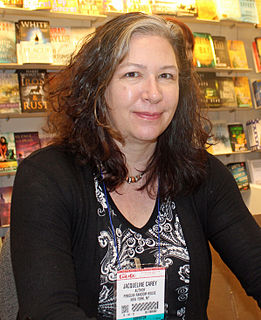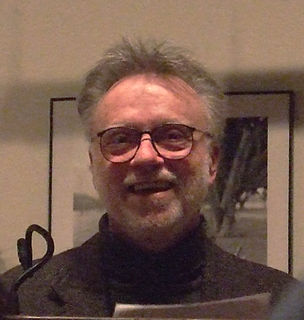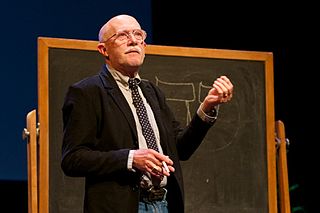A Quote by Ken Kesey
The answer is never the answer. What's really interesting is the mystery. If you seek the mystery instead of the answer, you'll always be seeking. I've never seen anybody really find the answer, but they think they have. So they stop thinking. But the job is to seek mystery, evoke mystery, plant a garden in which strange plants grow and mysteries bloom. The need for mystery is greater than the need for an answer.
Related Quotes
Fiction ought to announce the problems, dramatize the problems, display them. Yet offer no set answer. An answer would solve the mystery. Writing fiction, for me, is about putting on paper my obsessive interest in something mysterious. I may figure out the source of the mystery, the things that brought some action or image to my mind, but to make an equation of it would ruin the story.
If you need to visualize the soul, think of it as a cross between a wolf howl, a photon and a dribble of dark molasses. But what it really is, as near as I can tell, is a packet of information. It's a program, a piece of hyperspatial software designed explicitly to interface with the Mystery. Not a mystery, mind you - the Mystery. The one that can never be solved.
But though every created thing is, in this sense, a mystery, the word mystery cannot be applied to moral truth, any more than obscurity can be applied to light. ... Mystery is the antagonist of truth. It is a fog of human invention, that obscures truth, and represents it in distortion. Truth never envelops itself in mystery, and the mystery in which it is at any time enveloped is the work of its antagonist, and never of itself.



































